Product Name: Aluminum Forging
Product Type: Metal Forging
Material: Aluminum
Shape: Customized
Surface Treatment: Anodizing, Powder Coating, Spray Painting, Polishing
Production Process: Die Casting, Press Forging
Advantages:
1. High strength-to-weight ratio
2. Superior mechanical properties
3. Enhanced resistance to fatigue and wear
4. Tight dimensional tolerances
5. Cost-effective production
| Color | Silver |
|---|---|
| Material | Aluminum |
| MOQ | 1 Pcs |
| Sample | Available |
| Place of Origin | China |
Product Details
MINGYU Tech is a leading supplier of forging cast aluminum to the food and beverage industry. Our state-of-the-art facilities and advanced forging processes enable us to produce hygienic and corrosion-resistant forgings for food processing equipment, packaging machinery and other food-related applications. We work closely with our customers to provide customized solutions that meet their specific needs and comply with food safety regulations. Customer satisfaction and product quality are our top priorities.
The process of forging cast aluminum begins with the heating of a solid aluminum billet, or bar, to a specified temperature. This temperature is typically between 700°C to 800°C, depending on the alloy being used. The heated billet is then placed in a forging press, which applies pressure to the material to deform it into the desired shape.
One of the key advantages of forging cast aluminum is the ability to create complex shapes with high precision and tight tolerances. This is achieved by using custom-designed dies, which are machined according to the specifications of the final product. The combination of heat and pressure applied during the forging process results in a strong, solid structure with minimal defects.
forging cast aluminums can be produced in a variety of shapes and sizes, ranging from small components to large and complex parts. Some common products made through forging cast aluminum include wheels, gears, connecting rods, and structural components for aircraft.In addition to its strength and versatility, forging cast aluminums also offer a number of other advantages. The material has a high strength-to-weight ratio and is lightweight, making it ideal for use in weight-sensitive applications. It is also highly resistant to corrosion, making it suitable for use in harsh environments.
| Place of Origin | China |
| Material | Metal Aluminium Steel Copper Brass |
| Process | Forging+machining+HT+finish Machining |
| Surface treatment | Polishing |
| Application | Machinery Parts |
| Product name | forging cast aluminum |
| Certificate | TS16949/ISO9001 |
| Color | Customized Color |
| Quality Control | 100% Inspection |
| Lead Time | 16-34 Days |
| MOQ | 1 Piece |
| Supply Ability | 213033 Piece/Pieces per Month |
| Quantity (pieces) | > 540 |
| Lead time (days) | To be negotiated |
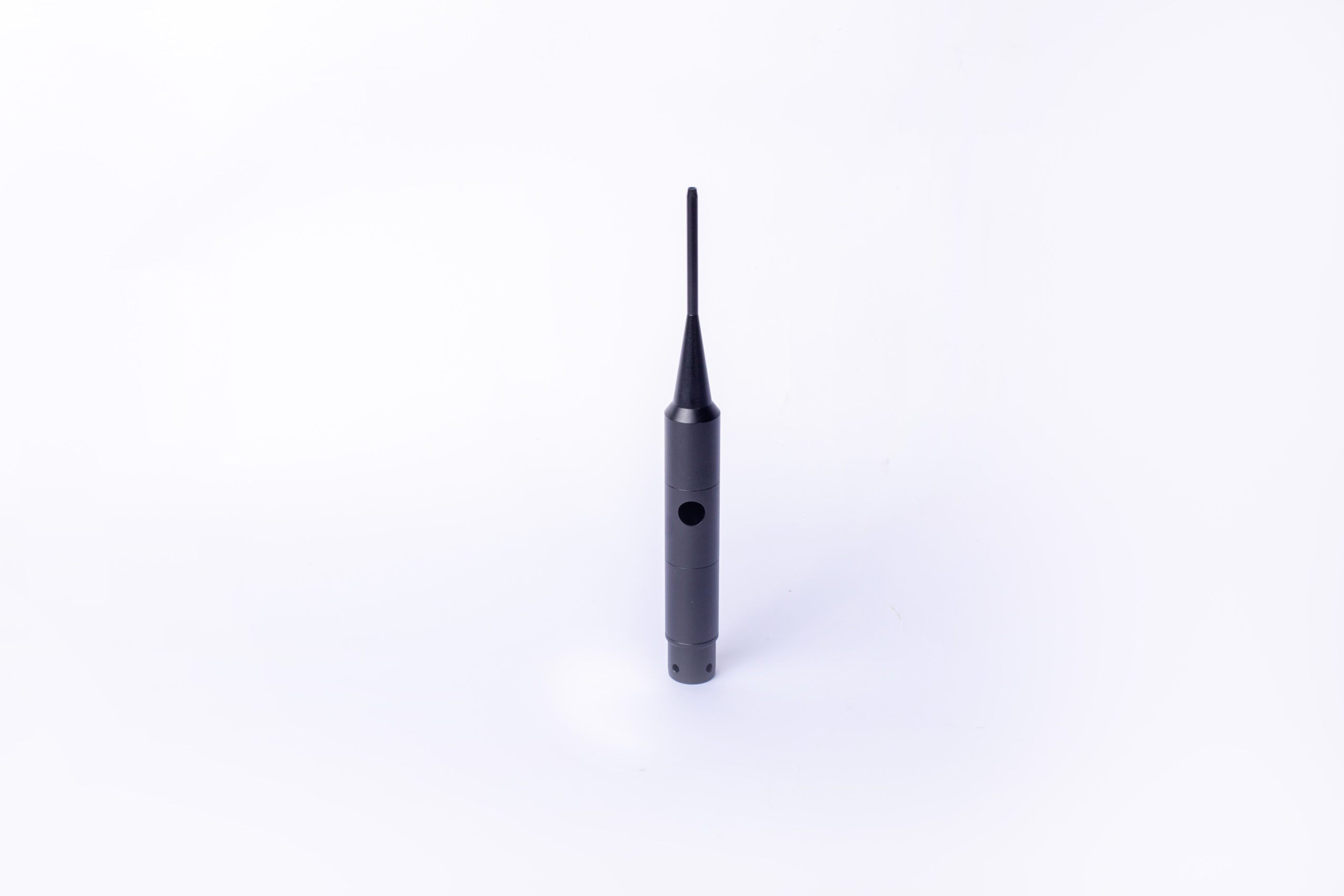
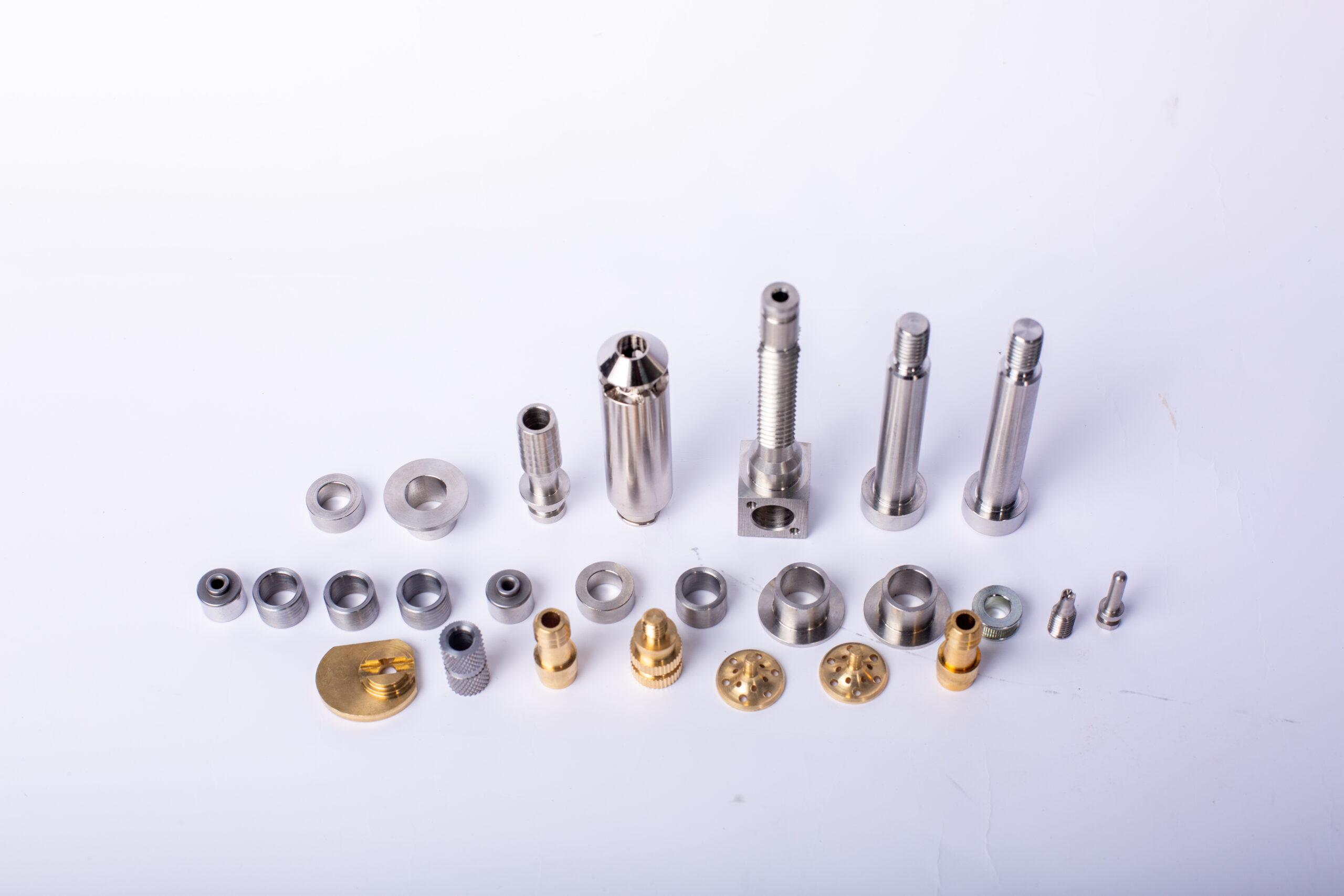
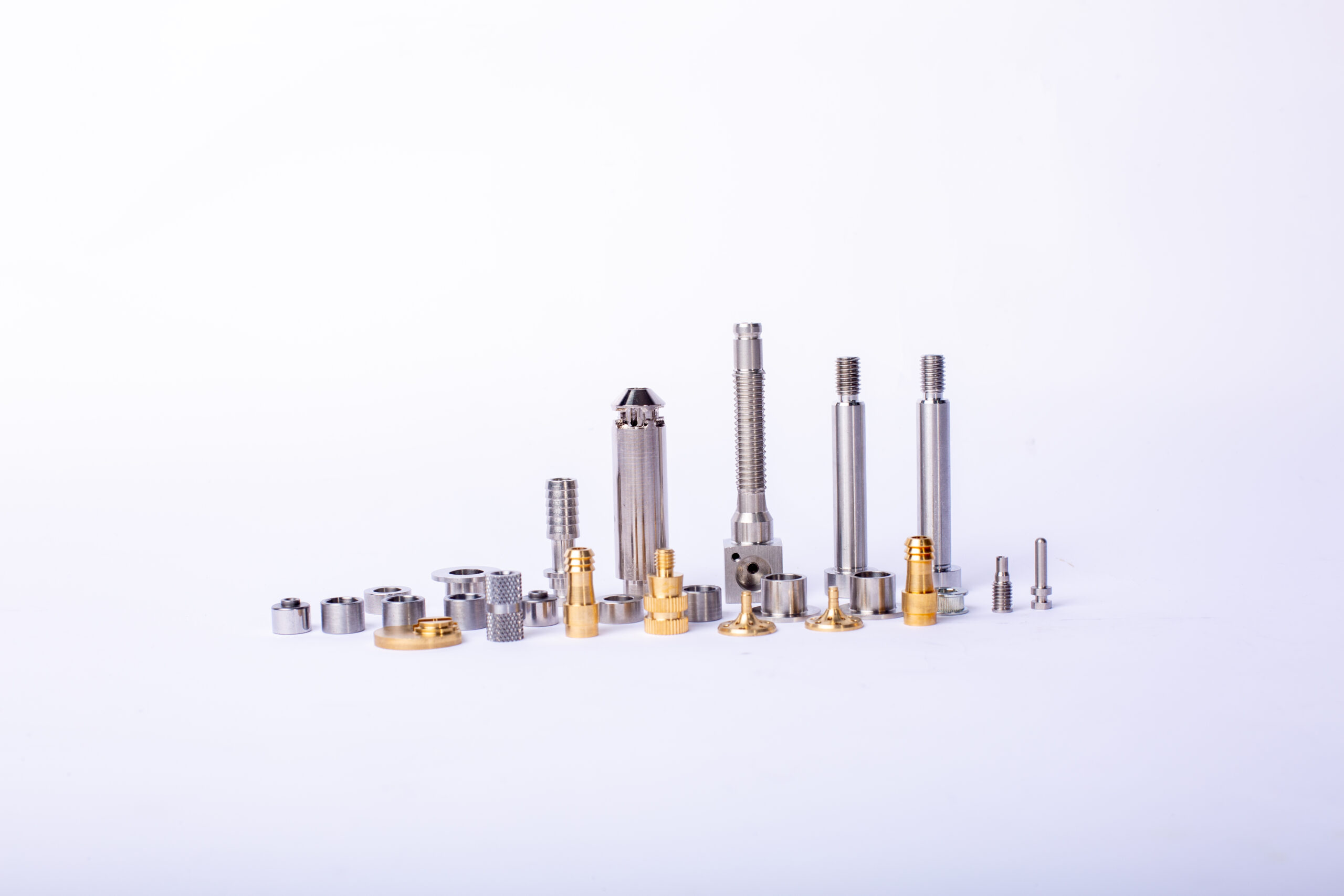
forging cast aluminum FAQs Guide.
Our company is dedicated to providing high-quality forging cast aluminum products to meet the needs of various industries. With advanced technology and skilled craftsmanship, we have become a leading manufacturer in the field of forging cast aluminum. Our products are widely used in aerospace, automotive, and construction industries, just to name a few. We take great pride in our products as they are not only durable and reliable, but also lightweight and eco-friendly. Through this introduction, we hope to showcase the versatility and excellence of our forging cast aluminum products. Thank you for choosing us as your trusted provider of top-notch forging cast aluminum products.
1.What is the typical lead time for forging cast aluminum production?
We have a professional team that is committed to the innovation and development of forging cast aluminum.
The lead time for aluminum forging production can vary depending on the complexity of the part and the size of the order. Generally, lead times range from 4-8 weeks.
2.What considerations should be taken into account when designing a product for forging cast aluminum?
As one of the top forging cast aluminum manufacturers in China, we take this very seriously.
1. Strength: Aluminum is a relatively soft metal, so it is important to consider the strength requirements of the product when designing for aluminum forging.
2. Heat Treatment: Aluminum is susceptible to heat treatment, so it is important to consider the desired properties of the product when designing for aluminum forging.
3. Grain Structure: Aluminum has a grain structure that can be affected by the forging process, so it is important to consider the desired grain structure of the product when designing for aluminum forging.
4. Tooling: Aluminum is a relatively soft metal, so it is important to consider the tooling requirements of the product when designing for aluminum forging.
5. Cost: Aluminum is a relatively inexpensive metal, so it is important to consider the cost of the product when designing for aluminum forging.
3.How do environmental factors, such as temperature and humidity, affect the forging cast aluminum process?
We focus on teamwork and communication to achieve common goals, We attach great importance to this detail.
Temperature and humidity can have a significant impact on the aluminum forging process. High temperatures can cause the aluminum to become too soft and malleable, making it difficult to form into the desired shape. Low temperatures can cause the aluminum to become too brittle and crack during the forging process. High humidity can cause the aluminum to become sticky and difficult to work with, while low humidity can cause the aluminum to become too dry and brittle. Additionally, high temperatures and humidity can cause the aluminum to corrode more quickly, leading to a shorter lifespan for the forged product.
4.How does the cost of forging cast aluminum compare to other metal forging processes?
We have advanced production equipment and technology to meet the needs of customers, and can provide customers with high quality, low priced forging cast aluminum products.
The cost of aluminum forging is typically lower than other metal forging processes due to the lower cost of aluminum compared to other metals. Aluminum is also easier to work with than other metals, which can reduce the cost of labor and production time. Additionally, aluminum is a lightweight metal, which can reduce the cost of shipping and handling.
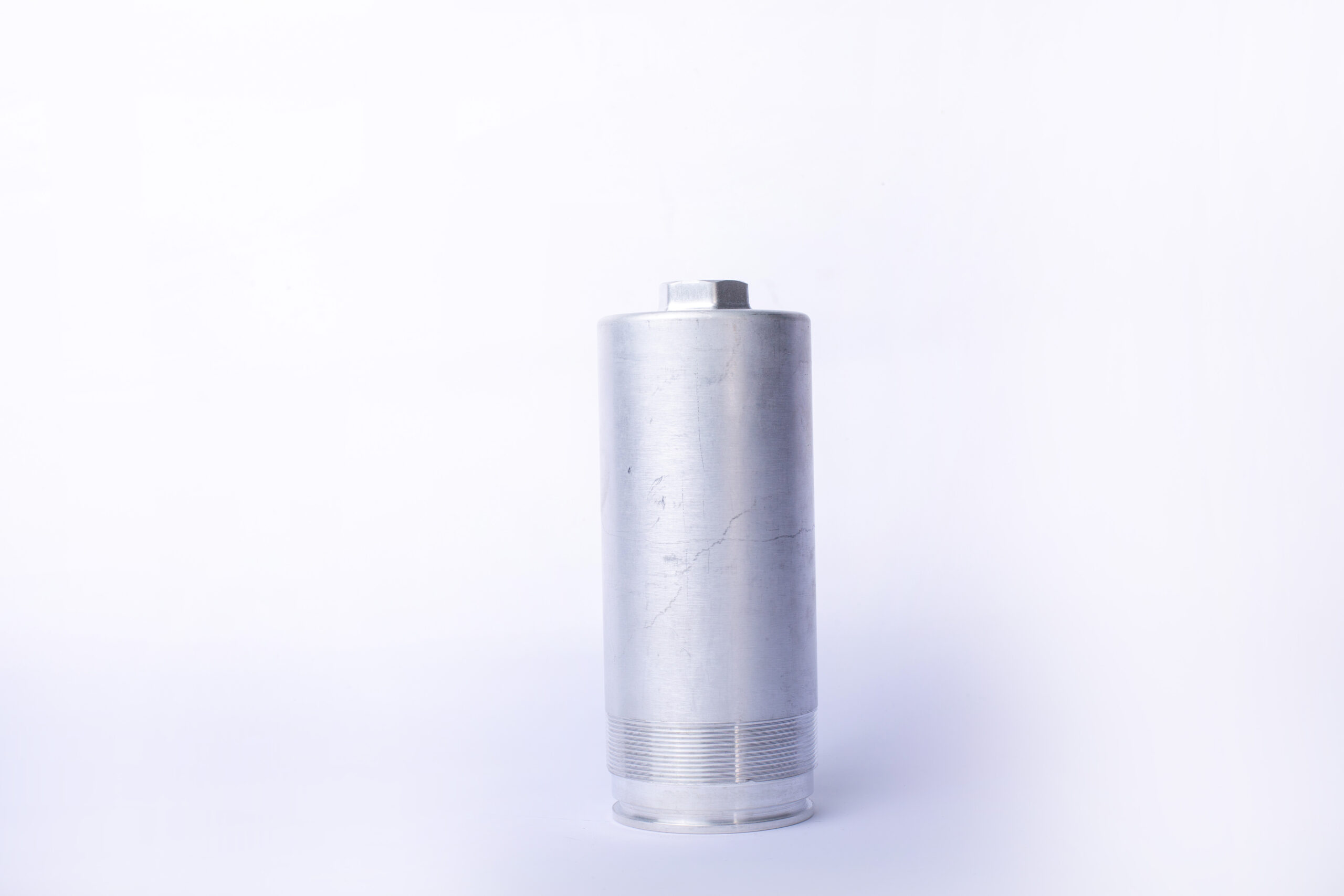
5.About forging cast aluminum patent
Aluminum forging patents are patents that cover the process of forging aluminum into a desired shape. This process involves heating the aluminum to a high temperature and then using a hammer or press to shape it into the desired shape. The process of aluminum forging is used to create parts for a variety of industries, including automotive, aerospace, and medical. Patents related to aluminum forging cover the process of forging, the tools used, and the materials used.
6.What level of precision can be achieved in forging cast aluminums?
The level of precision that can be achieved in aluminum forgings depends on the type of forging process used and the quality of the raw material. Generally, aluminum forgings can achieve tolerances of up to +/- 0.005 inches (0.127 mm). However, some processes can achieve even higher levels of precision, such as die forging, which can achieve tolerances of up to +/- 0.001 inches (0.025 mm).
7.How does the choice of die affect the final product in forging cast aluminum?
We have established a good reputation and reliable partnerships within the forging cast aluminum industry.
The choice of die affects the final product in aluminum forging in several ways. The die design determines the shape of the final product, as well as the surface finish and dimensional accuracy. The die material also affects the final product, as different materials have different properties that can affect the strength and durability of the final product. Additionally, the die size and shape can affect the amount of force required to form the aluminum, as well as the amount of time it takes to complete the forging process.
8.About the development history of forging cast aluminum factory
Aluminum forging is a process of forming and shaping metal by hammering, pressing, or rolling. It has been used since ancient times to create tools, weapons, and other objects. The earliest known use of aluminum forging dates back to the Bronze Age, when it was used to create weapons and tools. In the 19th century, aluminum forging became more widely used in the production of industrial components, such as engine parts and aircraft components. Today, aluminum forging is used in a variety of industries, including automotive, aerospace, and medical. Aluminum forging factories have been around since the early 1900s, when they were used to produce parts for the automotive industry. Over the years, these factories have evolved to become more efficient and technologically advanced, allowing them to produce parts with greater precision and accuracy.
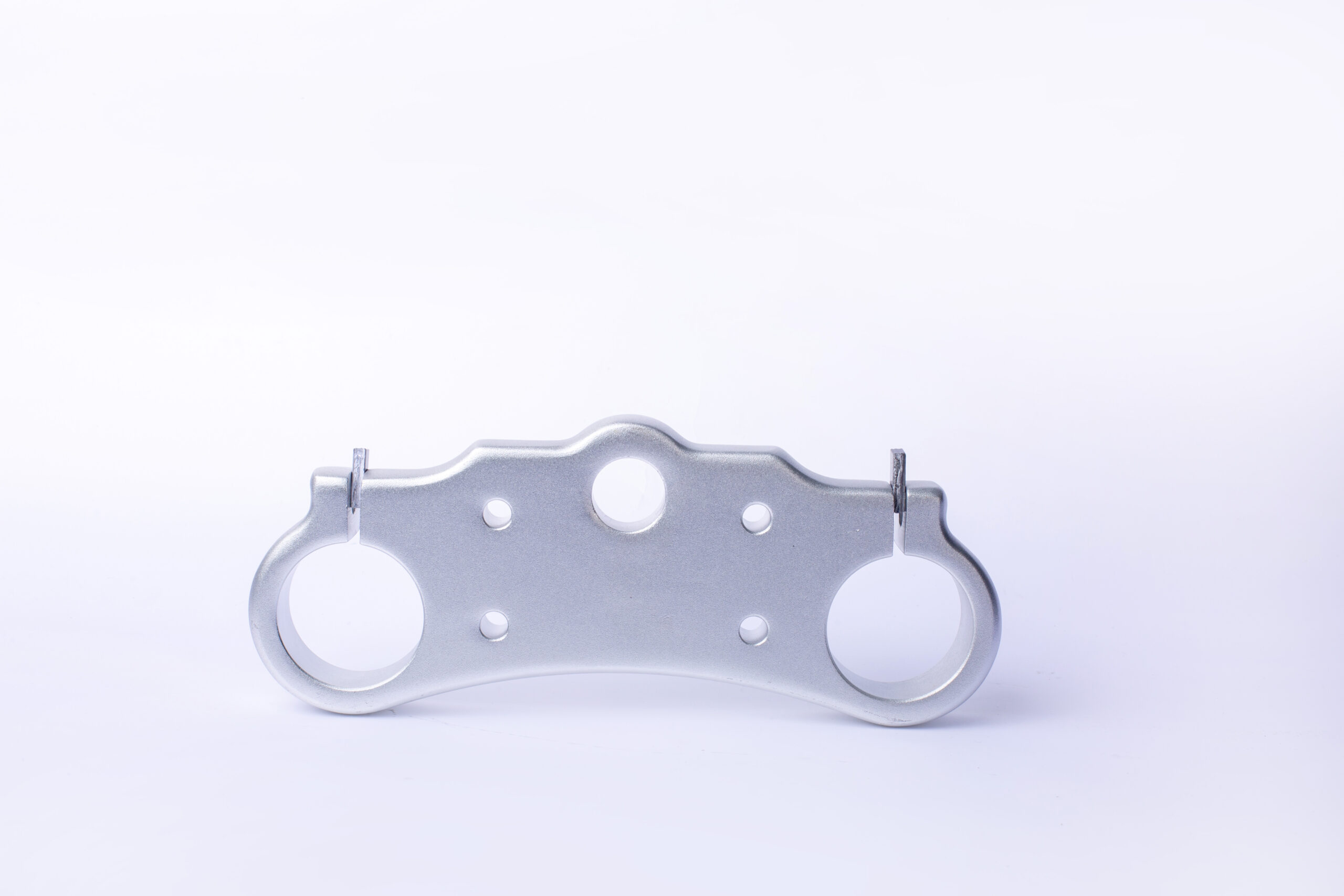
9.Are there any unique thermal or electrical properties of forging cast aluminums?
We maintain a stable growth through reasonable capital operations, focus on industry development trends and cutting -edge technologies, and focus on product quality and safety performance.
Yes, aluminum forgings have unique thermal and electrical properties. Aluminum is a good conductor of electricity and heat, and its thermal conductivity is higher than that of steel. Aluminum also has a high strength-to-weight ratio, making it an ideal material for forging. Additionally, aluminum forgings are corrosion-resistant and have excellent fatigue strength.
10.What factors affect the strength and hardness of forging cast aluminums?
Our forging cast aluminum products have competitive and differentiated advantages, and actively promote digital transformation and innovation.
1. Alloy composition: The alloy composition of aluminum forgings affects the strength and hardness of the material. Different alloying elements can be added to aluminum to increase its strength and hardness.
2. Heat treatment: Heat treatment is an important factor in determining the strength and hardness of aluminum forgings. Different heat treatments can be used to increase the strength and hardness of aluminum forgings.
3. Grain size: The grain size of aluminum forgings affects the strength and hardness of the material. Smaller grain sizes can increase the strength and hardness of aluminum forgings.
4. Stress relief: Stress relief is an important factor in determining the strength and hardness of aluminum forgings. Stress relief can be used to reduce internal stresses in the material, which can increase the strength and hardness of aluminum forgings.
5. Surface finish: The surface finish of aluminum forgings affects the strength and hardness of the material. A smoother surface finish can increase the strength and hardness of aluminum forgings.
11.Are there any limitations to the size or complexity of products that can be forged from aluminum?
We adhere to the principle of integrity and transparency, and establish long -term relationships with partners, and we attach great importance to this detail.
Yes, there are limitations to the size and complexity of products that can be forged from aluminum. Aluminum is a relatively soft metal, so it is not suitable for forging large or complex parts. Additionally, aluminum has a low melting point, so it is not suitable for forging parts that require high temperatures.
12.Is forging cast aluminum suitable for mass production?
We are a professional forging cast aluminum company dedicated to providing high quality products and services.
Yes, aluminum forging is suitable for mass production. It is a cost-effective and efficient process that can produce large quantities of parts quickly and accurately. It is also a strong and durable process that can produce parts with excellent strength and durability.

13.About forging cast aluminum overseas warehouse
Aluminum forging overseas warehouses are warehouses located in foreign countries that specialize in the storage and distribution of aluminum forgings. These warehouses are typically located in countries with a strong aluminum forging industry, such as China, India, and the United States. They provide a convenient and cost-effective way for companies to store and distribute their aluminum forgings, as well as to access the global market. The warehouses are typically equipped with the latest technology and equipment to ensure the highest quality of aluminum forgings.
14.What are the steps involved in the forging cast aluminum process?
We continue to improve forging cast aluminum products and processes to improve efficiency.
1. Design: The first step in the aluminum forging process is to design the part. This includes determining the size, shape, and other specifications of the part.
2. Heating: The aluminum is heated to a temperature of around 800-900°C (1472-1652°F). This is done to make the aluminum malleable and easier to shape.
3. Forging: The heated aluminum is then placed in a die and forged into the desired shape. This is done using a hammer or press.
4. Finishing: The forged part is then finished by machining, grinding, or polishing. This is done to achieve the desired surface finish.
5. Inspection: The part is then inspected to ensure it meets the design specifications.
6. Heat Treatment: The part may then be heat treated to improve its strength and durability.
7. Final Inspection: The part is then inspected one final time before it is ready for use.
15.About forging cast aluminum MOQ
The minimum order quantity (MOQ) for aluminum forging depends on the size and complexity of the part being forged. Generally, the MOQ for aluminum forging is between 500 and 1000 pieces. However, some aluminum forging companies may be willing to accept orders for smaller quantities.
16.What safety precautions should be taken when working with hot aluminum during the forging process?
We focus on providing high forging cast aluminum quality products and services.
1. Wear protective clothing, such as heat-resistant gloves, long sleeves, and safety glasses.
2. Use tongs or other tools to handle the hot aluminum.
3. Ensure that the work area is well-ventilated and free of combustible materials.
4. Have a fire extinguisher nearby in case of an emergency.
5. Keep a bucket of water nearby to cool down the aluminum if necessary.
6. Use a heat shield to protect yourself from the heat of the aluminum.
7. Do not forge aluminum near any open flames or sparks.
8. Do not forge aluminum in an enclosed space.
9. Do not forge aluminum near any combustible materials.
10. Make sure to keep the aluminum away from any flammable liquids.
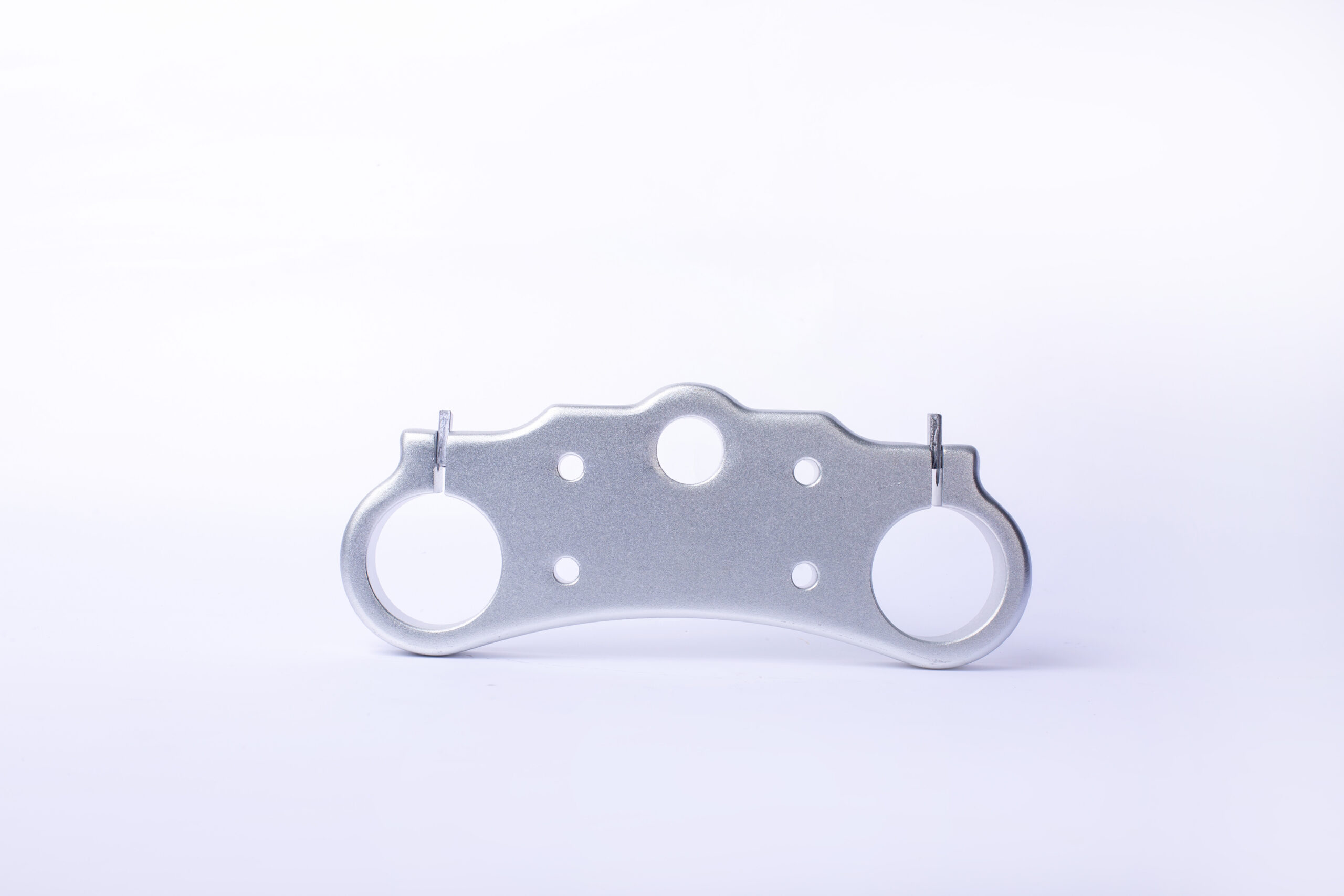
Tag:forged aluminum bar,forged aluminum fry pan no spray,forged aluminum front suspension
Product Inquiry
We will respond within 12 hours, please pay attention to the email “@163.com” or “@alumforge.com”.
Also, you can go to the Contact Page, which provides a more detailed form, if you have more inquiries for products or would like to obtain OEM service.
Our sales experts will respond within 24 hours, please pay attention to the email with the suffix “@163.com”.